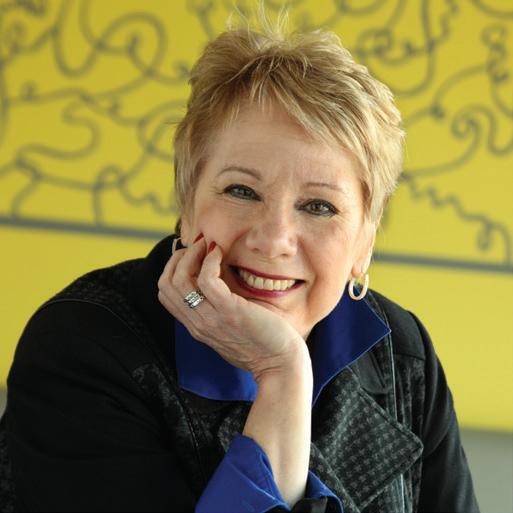
3 minute read
Supporting Our Neighbors Through Investments in Housing
Every member of our community needs safe, stable, quality housing, because it affects individual and family health, wellbeing and financial stability. Housing offers the opportunity to build generational wealth, community stability and thriving neighborhoods where people feel a sense of belonging.
Grand Rapids Community Foundation uses three main strategies to create more equitable housing opportunities and stronger neighborhoods. We partner with nonprofit organizations through grants and investments; we influence change through leadership and advocacy; and we serve as fiduciary for collaborative projects.
GRANTMAKING INVESTMENTS AND INFLUENTIAL PARTNERSHIPS
We invest through grantmaking to produce and preserve affordable housing in historically under-resourced neighborhoods. The Community Foundation adapts solutions as needs change. We do so by convening and collaborating with nonprofit organizations, local government and leaders.
For example, during the economic downturn, little new housing was built. When the economy resurged, those who could afford market rate property bought it, while neighbors with lower incomes were left out of the market. In 2009, a $2 million loan from the Community Foundation helped local organizations acquire and redevelop 100 foreclosed homes in Grand Rapids.
In 2020, the Community Foundation made a $100,000 grant to Samaritas for their 53-unit affordable living community for older adults in Burton Heights. Our 2021 grant partnerships support transitional housing for women and children experiencing homelessness and those aging out of foster care.
THE COMMUNITY FOUNDATION AS FIDUCIARY
Small nonprofits often have strong relationships with their donor and community partners. But accepting, stewarding, matching and paying out funds to and from many sources is a complex and specialized job. Because the Community Foundation has these unique capabilities, we sometimes act as the fiduciary for collaborative partnerships.
Marilyn Zack, vice president of development
As the pandemic exploded in spring 2020, community leaders and activists began organizing to support families who are undocumented or mixed status—and therefore not eligible for government stimulus, unemployment or other social safety net programs. The Community Foundation helped establish La Lucha Fund, made a first investment of $100,000, and, as fiscal sponsor, accepted and processed donations on its behalf. From April to December 2020, La Lucha Fund awarded $710,000 to some 1,200 families across Kent County. Many recipients used awards for rent, utility payments or household necessities. new Grand Rapids Affordable Housing Fund, which aims to reduce racial and ethnic housing disparities. Months in the making, the first deposit to this unique fund will be made by the City in December, establishing this dynamic nonprofit fund. The fund type will create flexible access to fund assets while ensuring an endowed legacy of support for the community. The charge of the fund is to help residents with low and moderate incomes, preserve existing affordable housing, offer financing for new housing development and offer loans to nonprofit developers.
The Community Foundation invests and manages the Affordable Housing Fund monies. We ensure funds can be accepted from many sources —including the City of Grand Rapids, private individuals and philanthropic organizations, and state and federal funding sources. The City aims to increase the fund to $25 million by 2025. An independent 11-person board of community members will make annual plans on how to spend and distribute funds to meet affordable housing objectives.
Marilyn Zack, vice president of development









